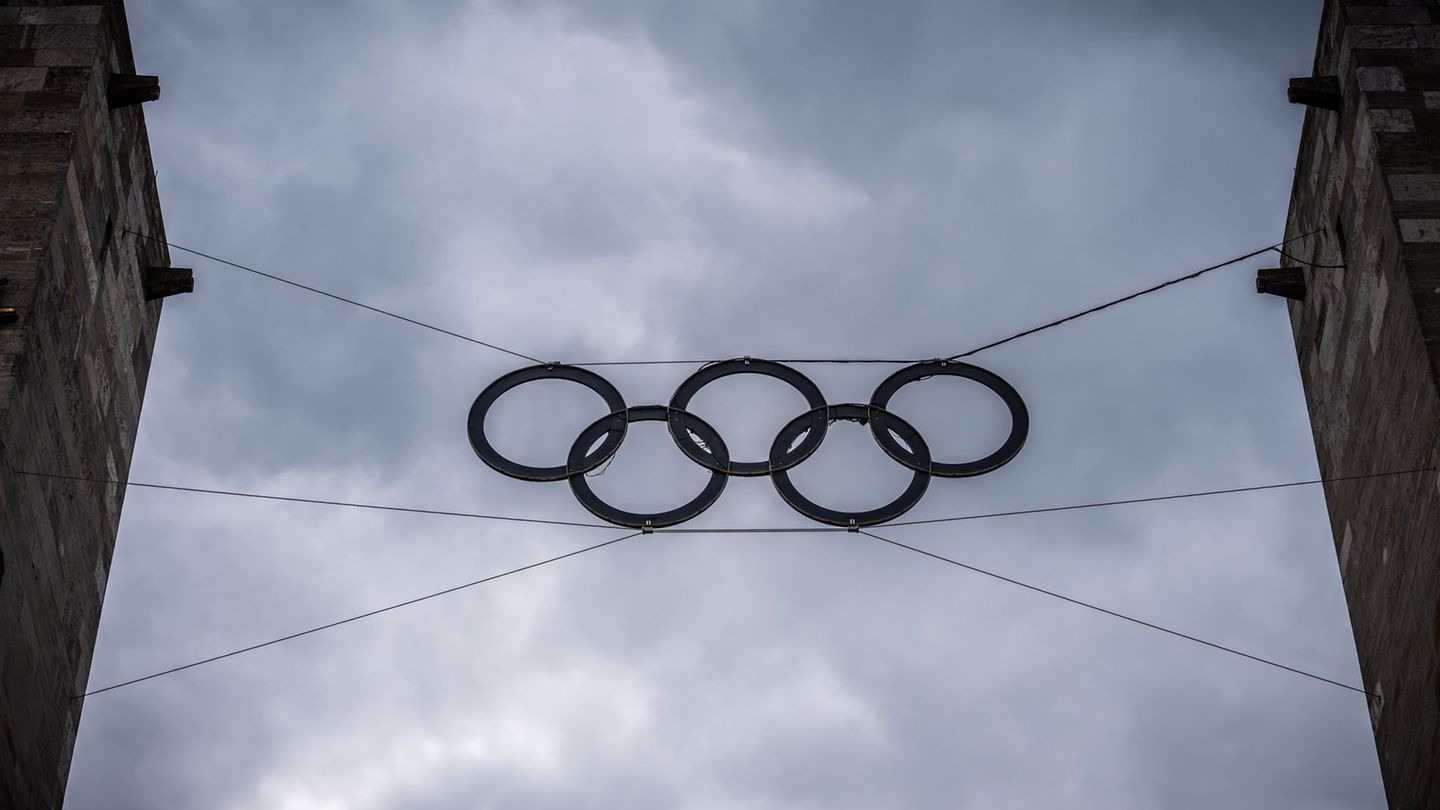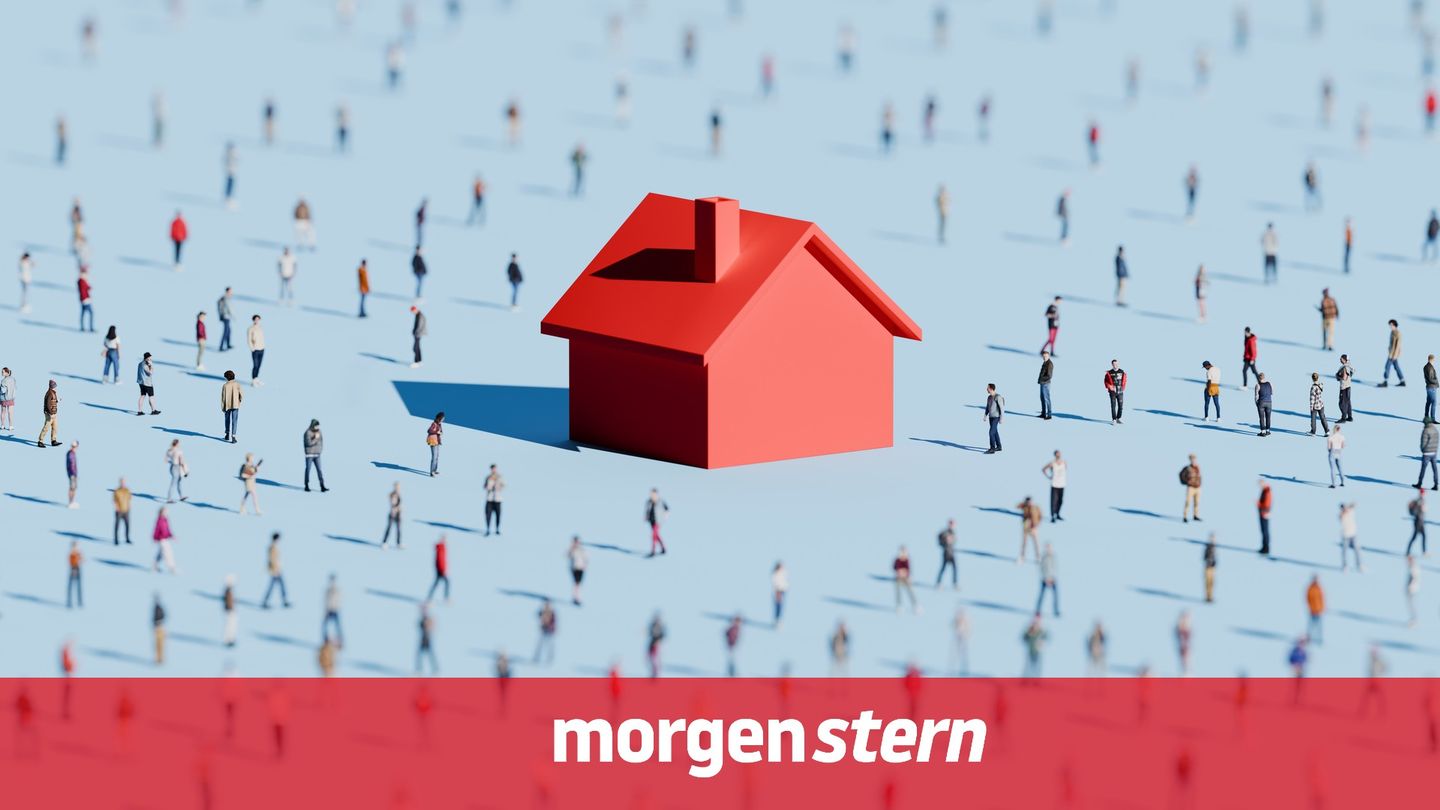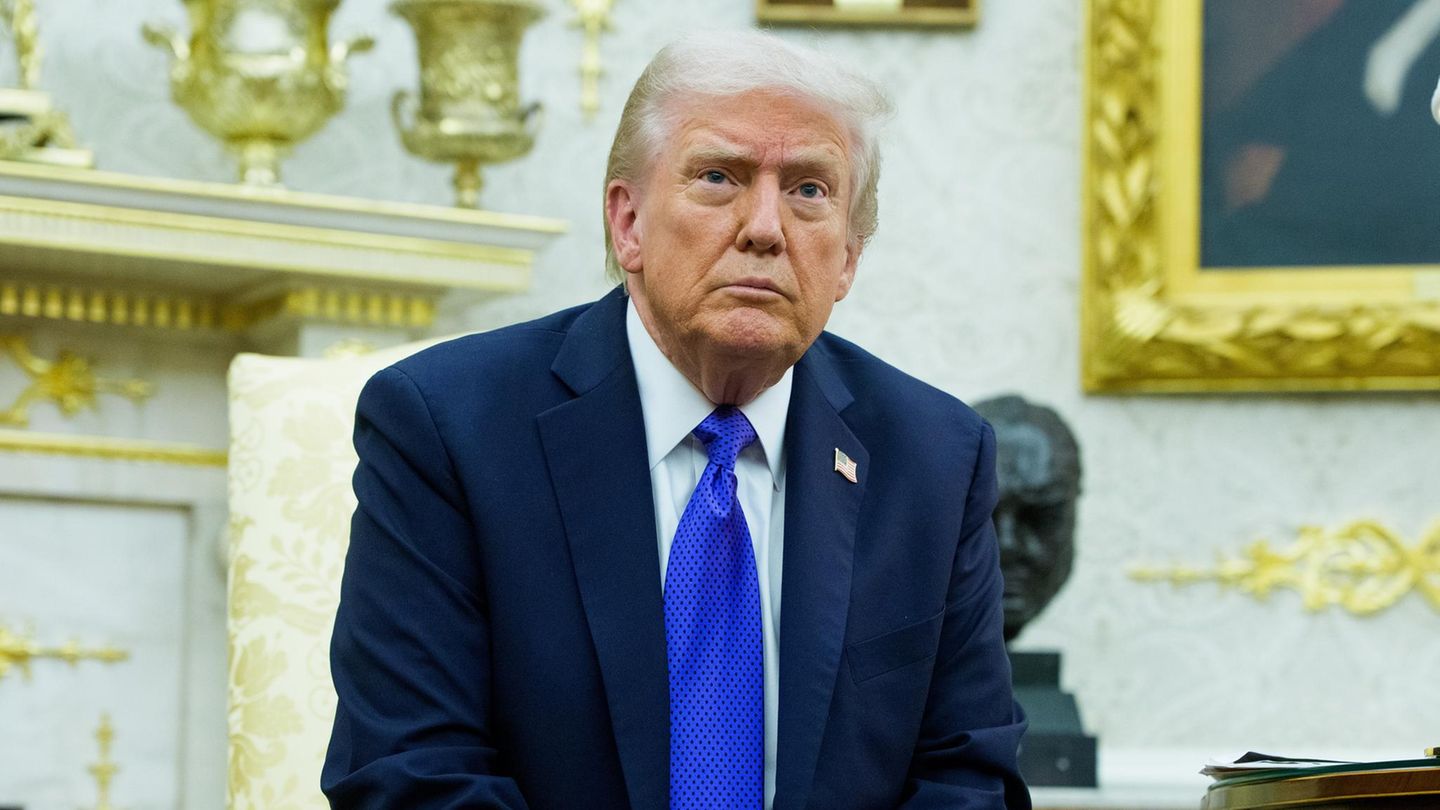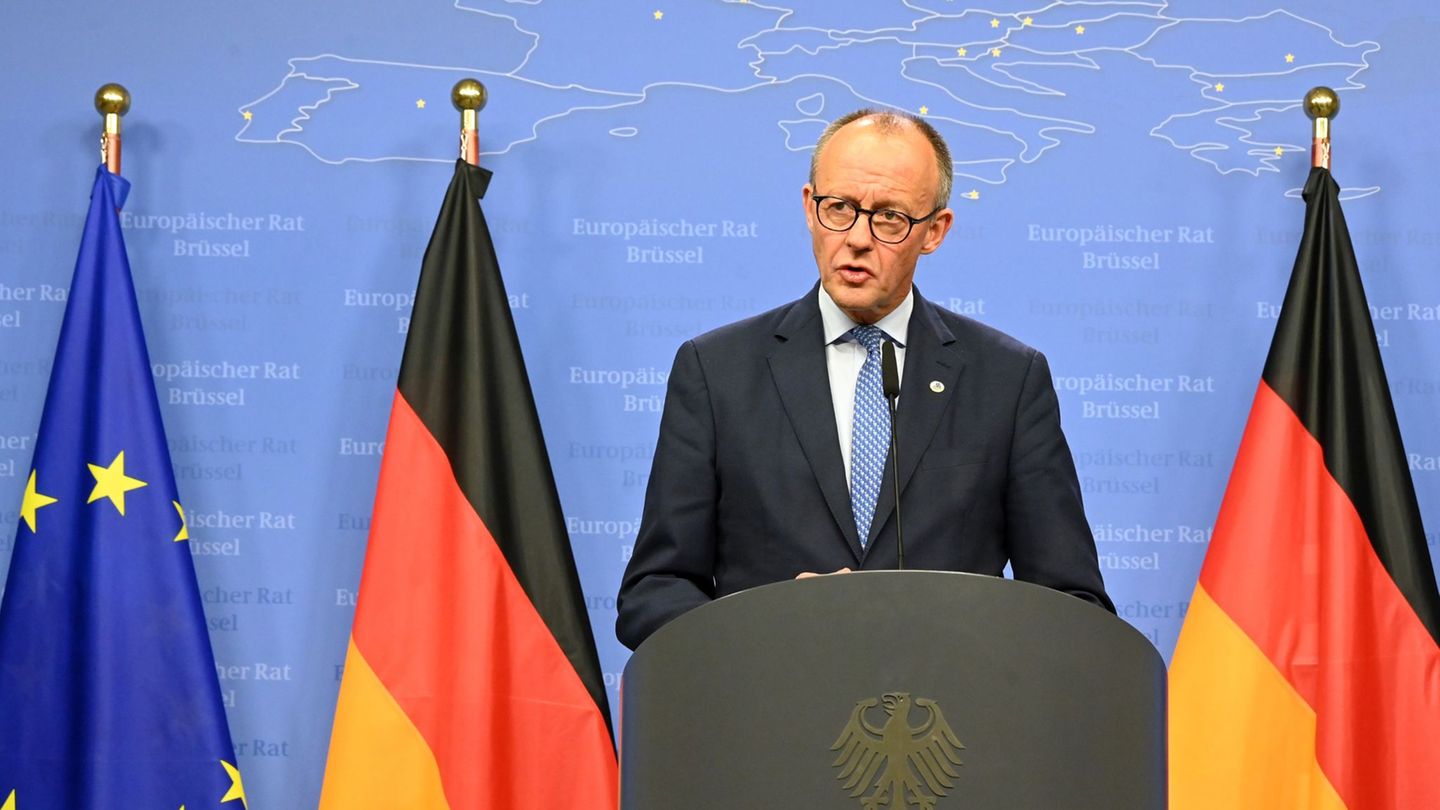Prices, housing, economy
What does the Olympics bring to the economy – and what doesn’t it?
Copy the current link
Add to watchlist
On Sunday, the people of Munich will vote on whether their city can bid for the Olympics. Both opponents and supporters argue with economics. Large German economic institutes are rather skeptical.
The people of Munich will decide by Sunday whether their city should apply for the Olympic Games. In the dispute over the plans, both supporters and opponents cite the impact of the games on the economy. The pictures drawn range from thriving landscapes with new infrastructure to deep budget holes and rising prices. What is realistic? The dpa surveyed large German economic research institutes that are also involved in the highly regarded regular joint diagnosis on economic development. The experts see risks in some areas. An overview:
How strong are the economic effects of the Olympic Games?
Studies show “predominantly small, short-lived effects” at major sporting events, says Klaus Wohlrabe from the Munich Ifo Institute. The German Institute for Economic Research (DIW) in Berlin is also cautious: “The overall economic effects are usually limited and often overestimated,” it says. In addition, they are rarely sustainable.
Oliver Holtemöller from the Leibniz Institute for Economic Research in Halle (IWH) also says: “The Olympic Games generally do not have any significant overall economic effects.” Sports tourists would come, but others would be pushed out – for example through higher prices. In addition, overspending on the games would be offset by underspending in other areas.
Philipp Breidenbach from RWI Essen points to locally limited effects – especially in bars, restaurants and hotels. Wohlrabe from the Ifo answers similarly, but he also mentions the retail and leisure sectors, and the DIW the construction sector.
Will the Olympics affect the housing market?
“Olympic villages can create long-term living space, but rents and real estate prices often rise sharply, which is socially problematic,” says the DIW.
Wohlrabe from Ifo points to studies that show that stadiums and infrastructure influence real estate prices. In the short term, rents and prices rose because demand increased. In addition, apartments would be taken off the market if the owners preferred to offer them on platforms such as Airbnb. “This reduces the supply of living space, which is a problem in cities like Munich.” In less well-developed areas, games could improve housing availability – but also lead to gentrification and rising prices.
Breidenbach from RWI emphasizes that Olympic villages would need a lot of space that was not previously available. “The solution to the current housing shortage cannot therefore lie in the Olympic Games.” The decisive factor is the subsequent use: the living space should not be exclusive and expensive but also not monotonous. “Otherwise social hotspots will arise.”
Are there any effects on general prices expected?
Here the assessments differ somewhat: The DIW says: “Prices for goods and services often rise temporarily due to increased demand and tourist occupancy.” In contrast, the IWH emphasizes that effects on the general price level have not been proven. However, there could be effects on overnight stays and in restaurants. Wohlrabe from the Ifo also does not expect a general surge in inflation, but considers short-term price peaks in individual areas to be plausible. This also happens at very large trade fairs or, for example, the Oktoberfest.
Does it make a difference whether the games take place in economically strong or weak cities?
Absolutely, as already mentioned with living space. “In strong, busy regions, effects are more likely to result in price increases,” says Wohlrabe. Volumes increased in weaker regions – for example through the construction of additional hotel rooms. However, there is a risk of overcapacity in the long term. “A weaker city can benefit from the Olympics if the infrastructure provides long-term benefits. However, without subsequent use, there is a risk of major burdens, especially here,” says the Ifo expert.
It sounds similar at DIW: “Weaker cities could benefit economically, but bear higher risks; strong cities risk overheating and social tensions.”
Breidenbach from the RWI is more cautious: “Sporting events alone are not enough to overcome economic weaknesses,” he says.
What do games mean for the public sector?
“In most cases, the costs outweigh the additional income,” says the IWH. The DIW writes of high costs, “often with budget overruns and long-term debt.” The Ifo is a little more positive: In Germany, fewer investments in stadiums and infrastructure would be necessary, says Wohlrabe, and the investments that are still necessary, such as improvements in public transport, would also pay off in the long term. From a purely fiscal perspective, however, he assumes a negative effect.
Are cost planning even realistic?
The experts have great doubts here: The DIW writes: “Historically, meeting the forecast costs is unrealistic – almost all games became significantly more expensive.” The IWH says that the costs of major sporting events are often underestimated in advance and Wohlrabe also says: “It is realistic that the Olympics will be significantly more expensive today than originally estimated.” He cites two main reasons: Estimates are often set lower in advance in order not to endanger political and public support. And in general it is difficult to specify costs for an event far in the future.
Is applying to the Olympics economically worthwhile?
In economic terms, hosting the Olympics is usually not worthwhile for the host country, says Wohlrabe. “But it can be politically, socially and symbolically valuable.”
The IWH says: “It depends.” If it is possible to build new structures that are usable and sustainable in the long term, like in Barcelona or Salt Lake City, the positive effects could outweigh the negative effects in the long term. “But that’s more of an exception.”
Allmut Balleer from RWI sees “definite potential for momentum”. Additional investment in infrastructure could be growth-enhancing, particularly if it addressed key issues that would not have been addressed without the Olympics. Ultimately, it depends on the concrete implementation.
Who actually wants to apply?
Munich is not the only Olympic candidate in Germany. Berlin, Hamburg and the Rhine-Ruhr region are also interested. However, it has not yet been decided when Germany will apply internationally. The Olympic and Paralympic Games in 2036, 2040 or 2044 are on the horizon.
dpa
Source: Stern




